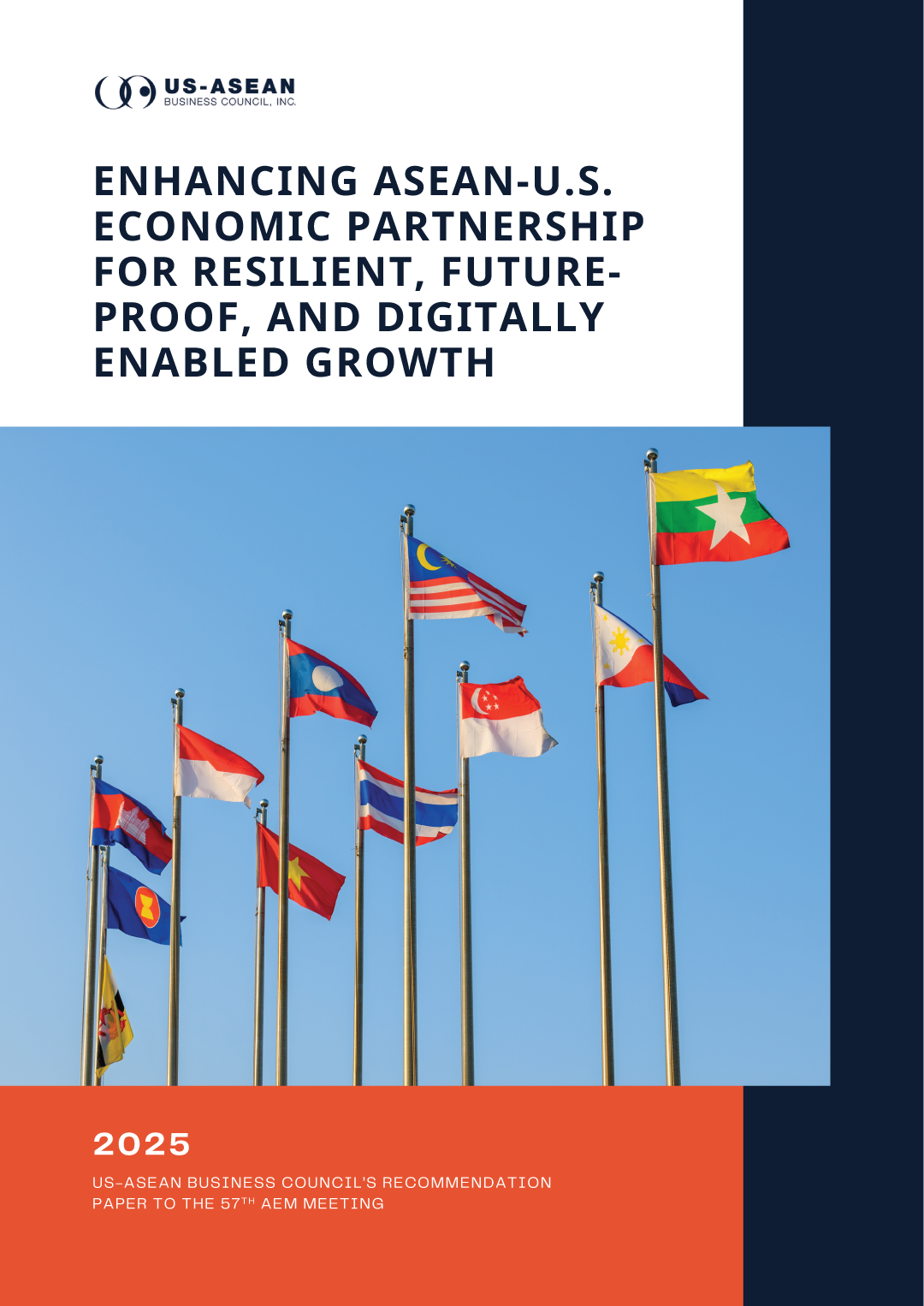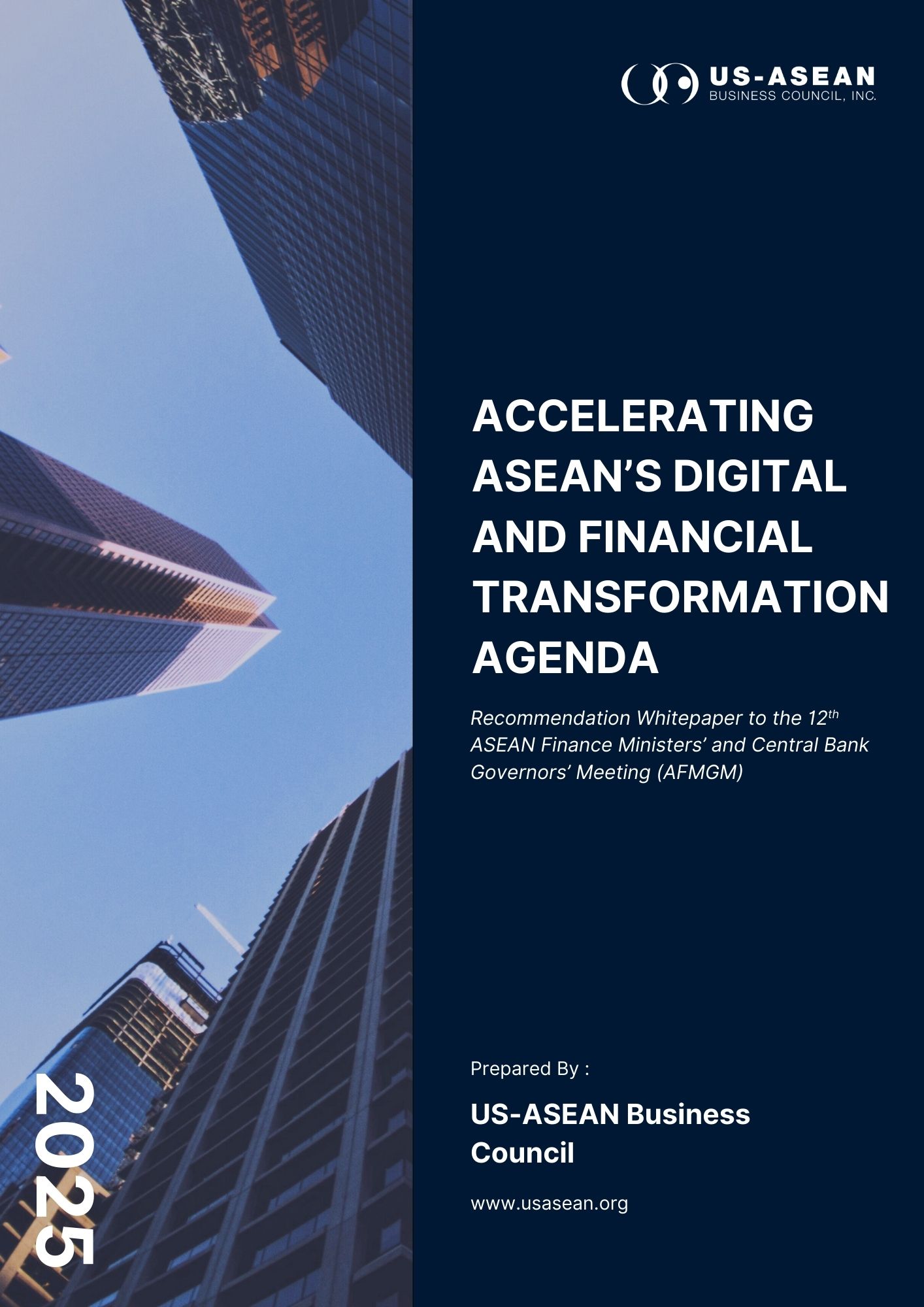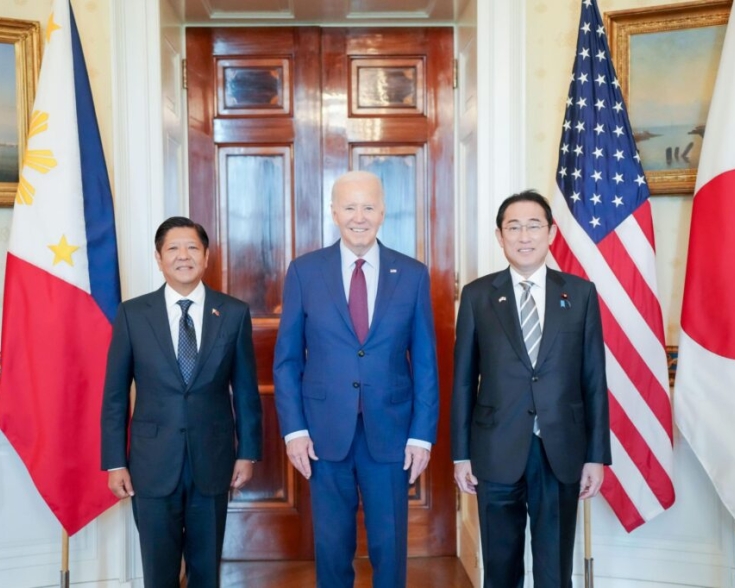Passage of Key Legislative Measures Seen to Boost Economy

Between December 2023 to early January of this year, President Ferdinand Marcos, Jr. signed into law the following legislative measures, which are expected to help create a more predictable policy environment and boost the country’s investment ecosystem:
Public-Private Partnership (PPP) Code
Republic Act No. 11966 or “An Act Providing for the Public-Private Partnership (PPP) Code of the Philippines” updates the framework for PPP projects and provides a unified approach for these at both national and local levels. Prior to the Code’s passage, PPP projects have been guided and governed by the Build-Operate-Transfer Law. The new Code establishes clearer rules on collaborations between the government and private companies as well as institutionalizes policy-making bodies such as the PPP Center, the PPP Governing Board, and the Project Development and Monitoring Facility. According to the National Economic Development Authority (NEDA), the law is meant to encourage leveraging private sector expertise in process innovation, resource mobilization, and high-quality service delivery by reducing transaction costs, streamlining processes, addressing implementation bottlenecks, and clarifying ambiguities in other existing legal frameworks. With the PPP Code, the government seeks to enhance public-private collaboration and realize high-quality projects in the country. A summary of the salient features of the PPP Code can be found here.
Internet Transactions Act of 2023 (ITA)
Republic Act No. 11967 or “An Act Protecting Online Consumers and Merchants Engaged in Internet Transactions, Creating for Purpose the Electronic Commerce Bureau, Appropriating Funds Thereof, and For Other Purposes” aims to promote a strong e-commerce environment through solidified trust between merchants and consumers. The ITA intends to increase confidence in online transactions by effectively regulating and safeguarding e-commerce transactions and protecting consumer rights and data privacy. Furthermore, it creates the E-Commerce Bureau within the Department of Trade Industry (DTI), which will be responsible for formulating policies, monitoring compliance, enforcing registration, gathering information, addressing complaints, prosecuting violations, and coordinating with other stakeholders. The law grants an 18-month transitory period for affected online merchants, e-tailers, e-marketplaces, and other digital platforms to comply with the requirements of the law. A brief of the salient features of the ITA can be found here.
Ease of Paying Taxes Act
Republic Act No. 11976 aims to strengthen taxpayer rights and modernize tax administration, ultimately increasing the country’s revenue collection. The new law adopts best practices by introducing administrative reforms to several sections of the National Internal Revenue Code of 1997, updating the Philippine taxation system, reducing documentary requirements, and digitalizing services. Furthermore, it will classify taxpayers into micro, small, medium, and large according to their gross sales, forming a tax system that is specific to each segment’s needs. A list of the law’s salient features can be found here.
The said measures were tagged as priority legislative measures in the President’s previous State of the Nation Address (SONA) and various groups welcomed their passage. The government expects that the PPP Code, the ITA, and the Ease of Paying Taxes Act will all enhance the country’s economic prospects in line with its 8 point economic agenda. The Implementing Rules and Regulations (IRR) of all 3 measures are expected to be released by the overseeing agencies before the end of Q1 2024.








